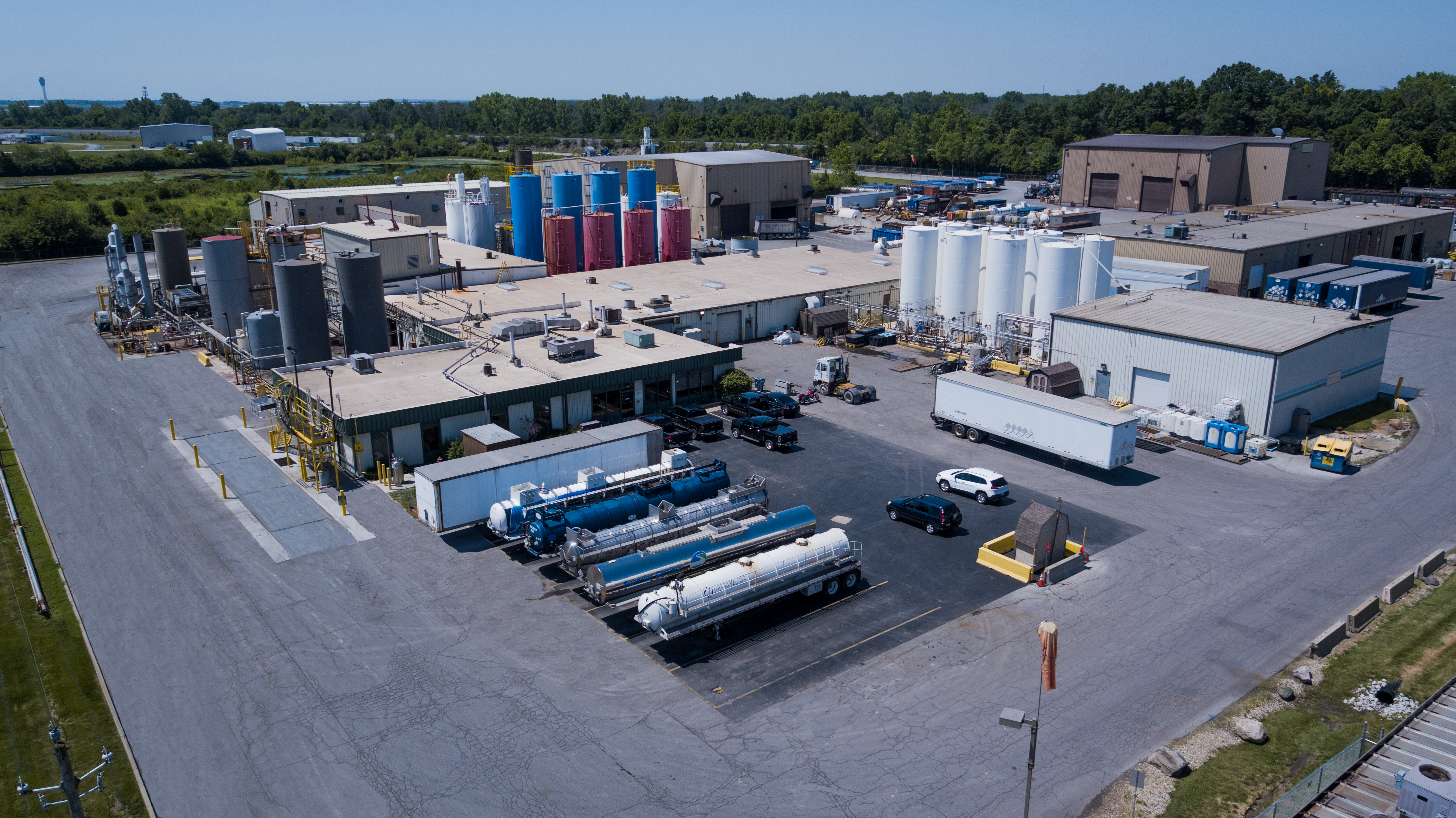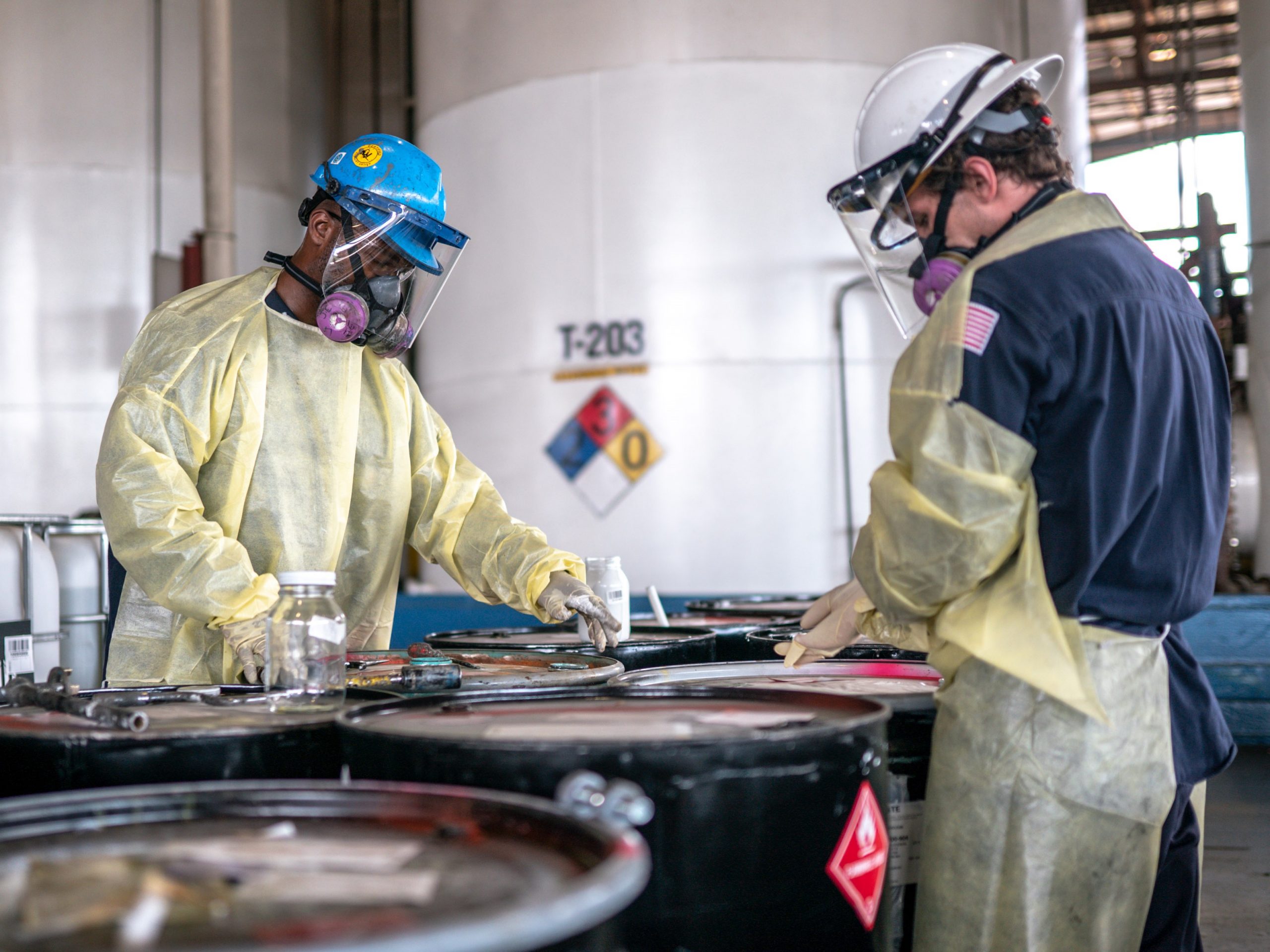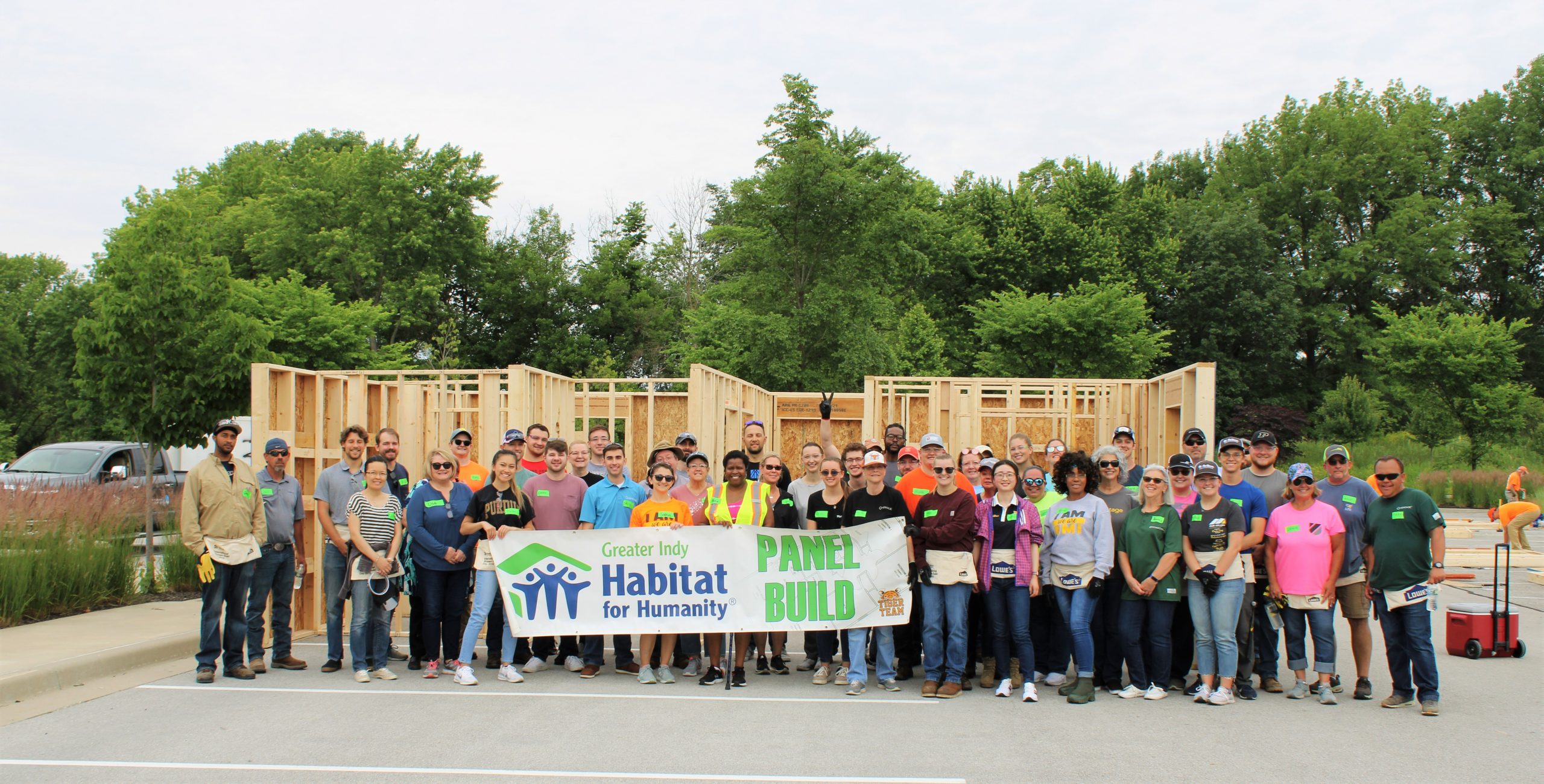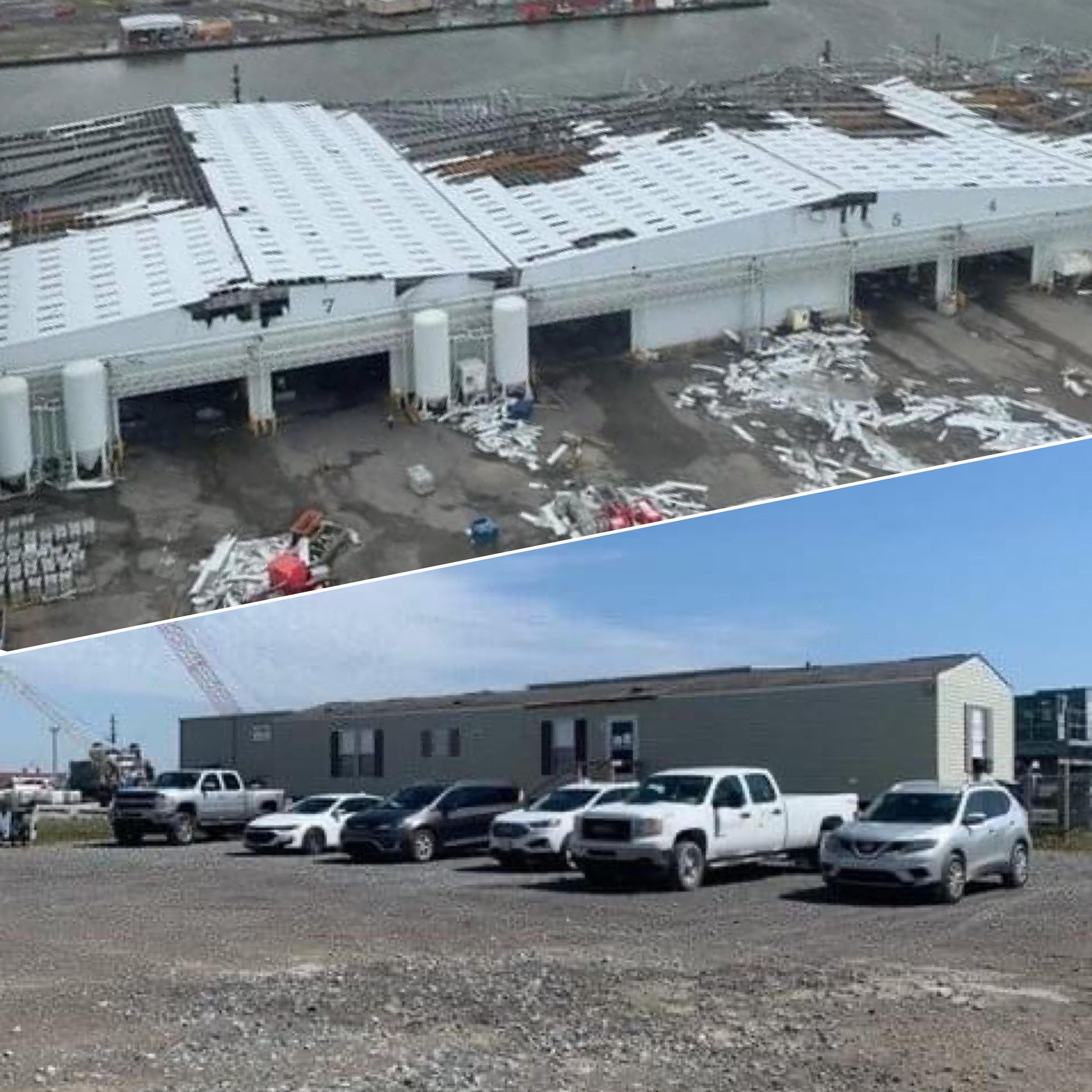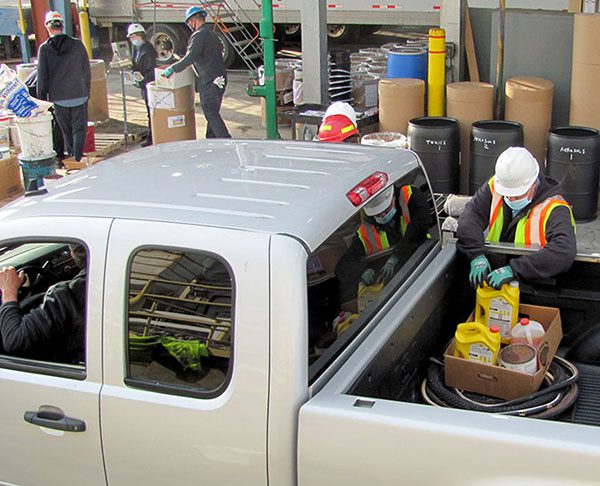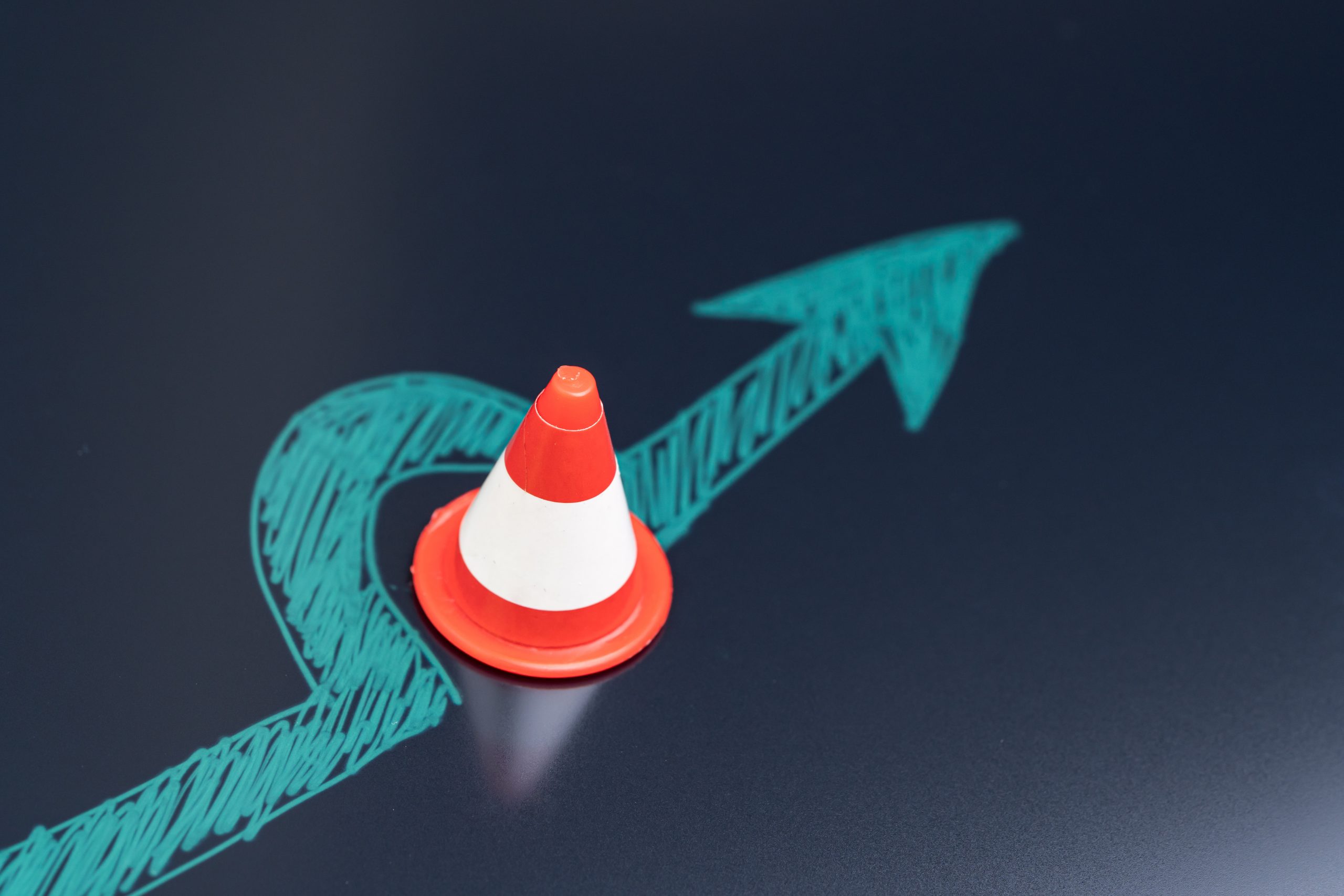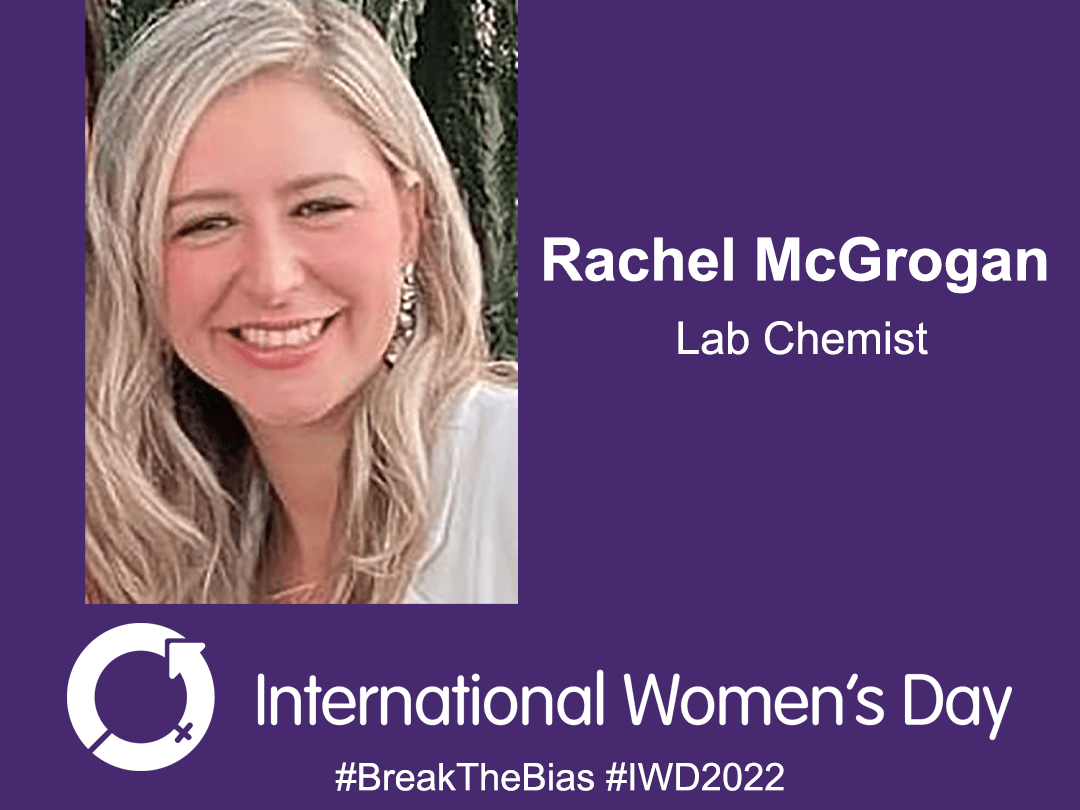Lithium-ion batteries are being used for everything from laptops to electric vehicles (EVs). With policies around the world contributing to the trend towards EVs, the demand for these batteries is only going to continue to increase. By 2030, the International Energy Agency predicts a 95% increase in EVs on the market, or about 145 million vehicles compared to the 7.2 million on the roads in 2019. But as with many new mass-produced technologies, their supply chain raises new questions. Where do we source the raw materials? Are the methods ethical? Are they renewable or finite resources? Can we source and manufacture these batteries domestically, or do we have to import them? As we start to see the first large cycle of EVs reach the end of their 10 year lifespan, what do we do with these batteries? Heritage Battery Recycling is a new business we established not only to find the current answers to these questions, but to address them in a manner that prioritizes the protection of human health and the environment.
Despite the name, the largest raw material that goes into lithium-ion batteries isn’t lithium – that typically makes up only 2-3% of these batteries. Cobalt on the other hand can make up about 20% of electric vehicle batteries, making it one of the most sought-after resources. 65% of the world’s known supply of cobalt comes from one place – the Democratic Republic of the Congo – and that supply is finite, meaning as more products demand lithium ion batteries, the higher the prices are for this metal. The sourcing of the cobalt, the labor forces, and conditions under which they are mined are logistically challenging and ethically questionable.
Heritage Battery Recycling will disrupt that supply chain by recovering cobalt through a recycling process, eliminating or significantly reducing the amount that we need to purchase from the traditional mining sources. This not only shifts a significant financial portion of the supply chain to the United States instead of relying so heavily on foreign imports, but also contributes to a more circular, less wasteful economy – and eliminates the need to rely on unethical labor practices. “These batteries represent a paradigm shift towards sustainability in our economy and recycling them will ensure that sustainability is reflected throughout the entire supply chain and product life,” said Shane Thompson, President of Heritage Battery Recycling.
Current projections estimate that we can recover greater than 90% of cobalt from existing EV batteries at the end of their “useful life,” which can then be used in the production of new lithium ion batteries. With the aid of the brilliant researchers, engineers, and scientists at the Heritage Research Group, and partners like Heritage Crystal Clean, we are currently working alongside customers to address their concerns and surrounding lithium battery production and disposal. “Battery recycling is not only the smart thing to do, it is the right thing to do!”
More News From Heritage
-
Published Articles 8/2/22
How Safety, Maintenance, and Reliability Are Intertwined
VP of Health and Safety Jim Mangas discusses the importance of plant safety, maintenance, and reliability (featured in BIC Magazine July/Aug '22)
-
Blogs 7/28/22
Spotlighting Our Environmental Interns
Highlighting some of the wonderful interns we have at Heritage this year!
-
Blogs 7/11/22
Turning Hazardous Waste into an Alternative Fuel
In this blog we walk you through the process of fuel blending, where we can turn hazardous waste materials into a viable alternative fuel source.
-
Community News 6/15/22
2022 Habitat for Humanity Build
Our 12th annual Habitat for Humanity Build
-
Blogs 4/13/22
After Hurricane Ida, Our Port Fourchon Office Rebuilds
On August 28th, 2021, the Louisiana coast was battered by Hurricane Ida. This included our Port Fourchon Service Center, where the devastating hurrica
-
Community News 4/7/22
Heritage readies for Earth Day HHW collection in East Liverpool
Heritage Thermal Services is pleased to announce that its collection of household hazardous wastes for the East Liverpool area returns for 2022.
-
Published Articles 4/2/22
The Impact of Changing Conditions
VP of Health and Safety Jim Mangas discusses preparedness for unexpected conditions during a project. (featured in BIC Magazine March/April '22)
-
Blogs 3/11/22
International Women’s Week Spotlight – Rachel McGrogan
Rachel McGrogan speaks about her time as a Lab Chemist at Heritage.
